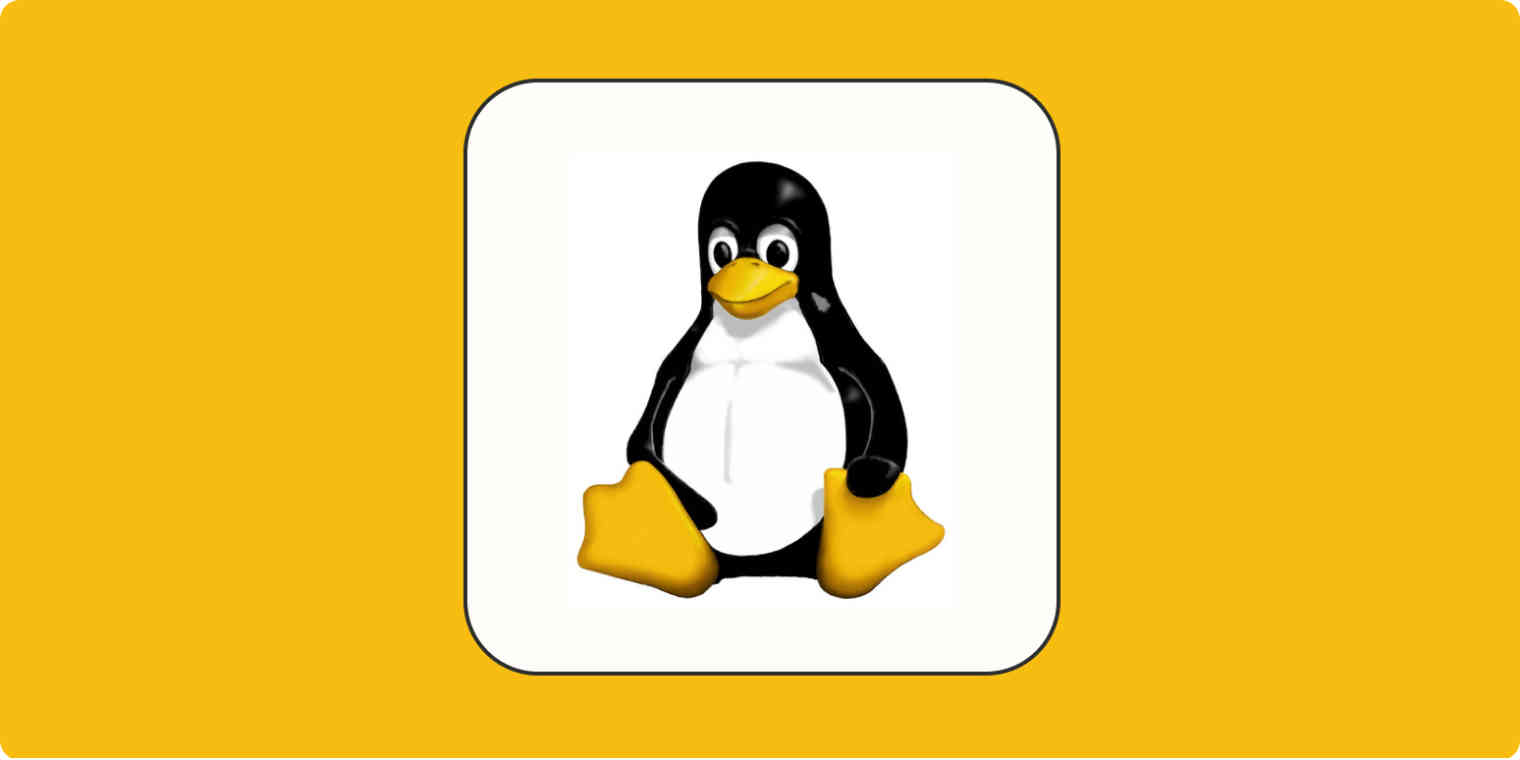Write any tagline here..

Introduction:
Linux, an open-source operating system, has transformed the world of computing with its robustness, flexibility, and security. From personal computers to servers, embedded devices to supercomputers, Linux has gained widespread popularity across various domains. In this article, we will explore the fundamental aspects of Linux, its key features, and its impact on the technology landscape.
Understanding Linux:
Linux is a Unix-like operating system kernel that serves as the core component of Linux distributions. It was developed by Linus Torvalds in 1991 and has since grown into a global community-driven project. Linux offers a powerful, stable, and highly customizable platform that runs on a wide range of hardware architectures. Its open-source nature promotes collaboration, innovation, and accessibility.
Key Features and Benefits:
Linux provides numerous features and benefits that contribute to its popularity:
Open Source: Linux is developed collaboratively by a global community, enabling transparency, adaptability, and the ability to modify and distribute the source code freely.
Stability and Reliability: Linux is known for its stability and robustness, making it a preferred choice for critical applications and servers that require continuous uptime.
Security: Linux incorporates robust security measures, including built-in access controls, sandboxing, and constant community-driven security updates, making it less vulnerable to malware and security breaches.
Flexibility and Customization: Linux allows users to customize their systems to meet specific requirements, tailoring the operating system to their needs and preferences.
Compatibility and Hardware Support: Linux supports a wide range of hardware architectures, making it compatible with various devices and enabling efficient resource utilization.
Scalability: Linux scales effectively from small embedded systems to large-scale enterprise environments, providing the flexibility to accommodate diverse computing needs.
Distributions and User Experience:
Linux distributions, commonly referred to as "distros," package the Linux kernel with additional software, tools, and user interfaces to create complete operating systems. Popular distributions include Ubuntu, Fedora, Debian, CentOS, and Arch Linux, each catering to different user preferences and use cases. Linux offers a wide array of user interfaces, ranging from lightweight and minimalistic options like LXDE and Xfce to feature-rich environments like GNOME and KDE Plasma, providing a customizable and user-friendly experience.
Use Cases and Adoption:
Linux is utilized across various domains, including personal computing, server infrastructure, embedded systems, scientific research, and supercomputing. It powers a significant portion of the internet, serving as the foundation for web servers, cloud computing, and networking devices. Linux is also prevalent in the mobile industry, with Android, based on the Linux kernel, dominating the smartphone market. Its versatility, stability, and cost-effectiveness have contributed to its widespread adoption in both the enterprise and consumer spaces.
Conclusion:
Linux has revolutionized the computing landscape, offering an open-source, secure, and versatile platform for a wide range of applications. Its stability, flexibility, and compatibility have made it a preferred choice for developers, system administrators, and technology enthusiasts alike. Embracing Linux enables users to harness the power of open-source software, contributing to a vibrant community-driven ecosystem.
Your email address and mobile will not be published.





Comments (0)